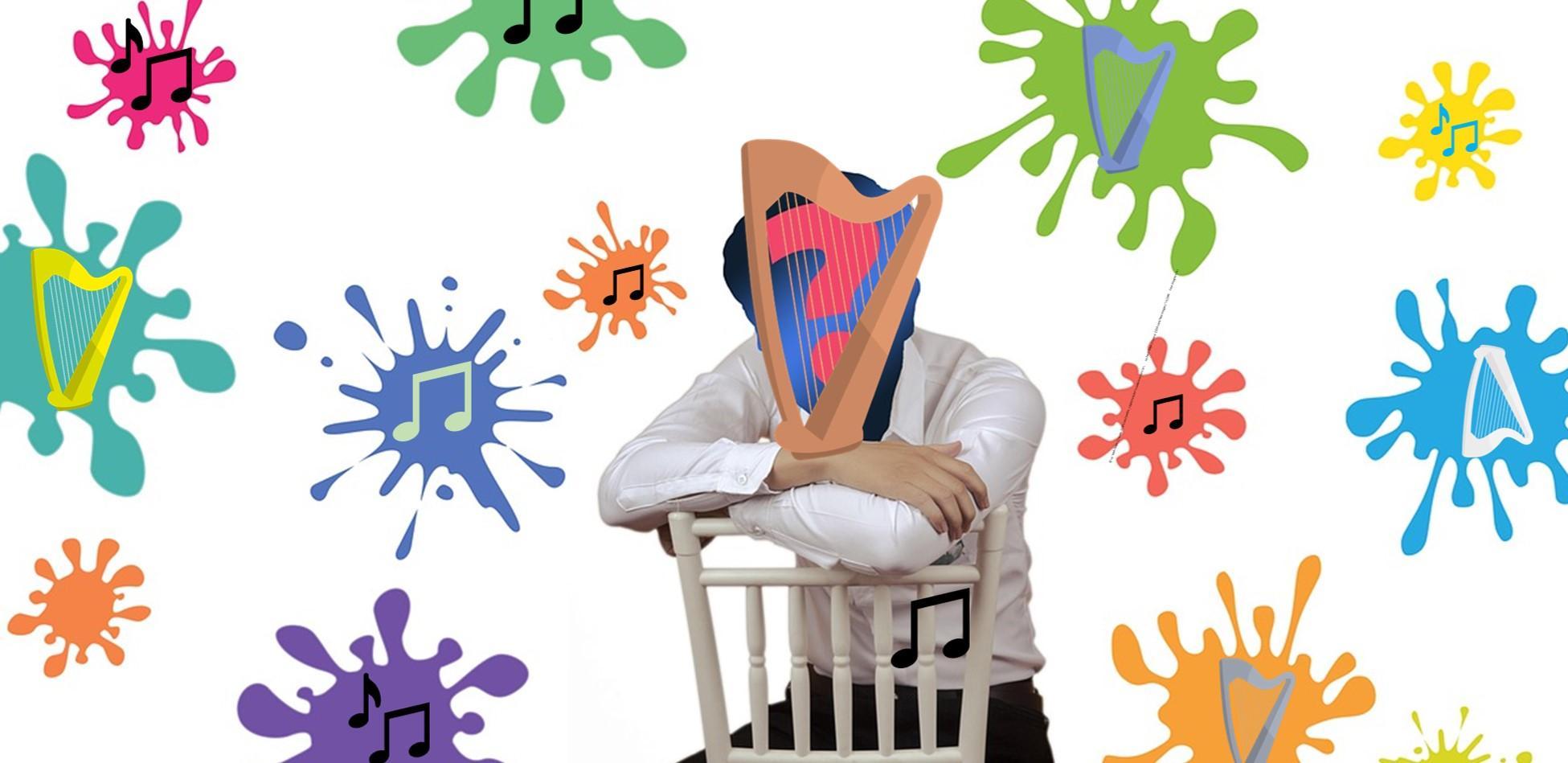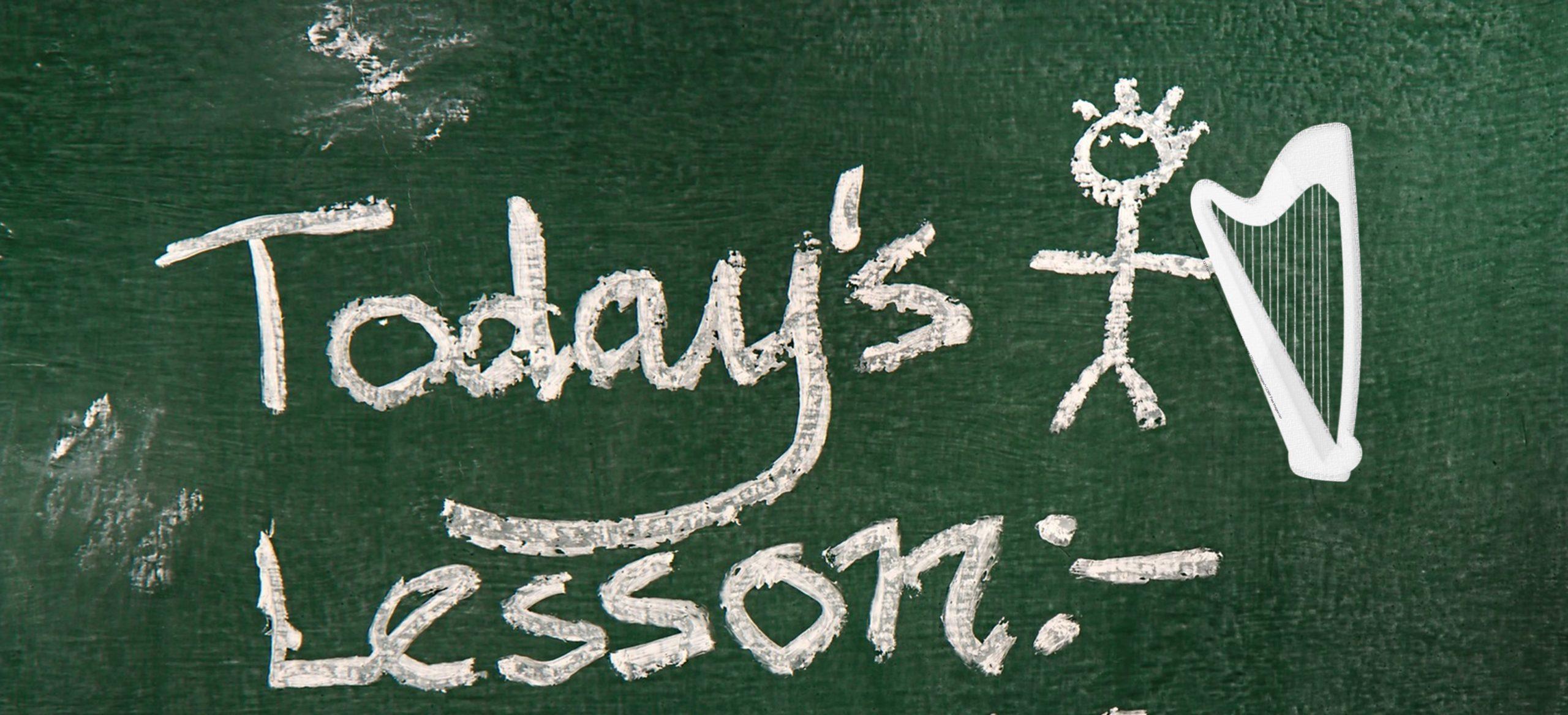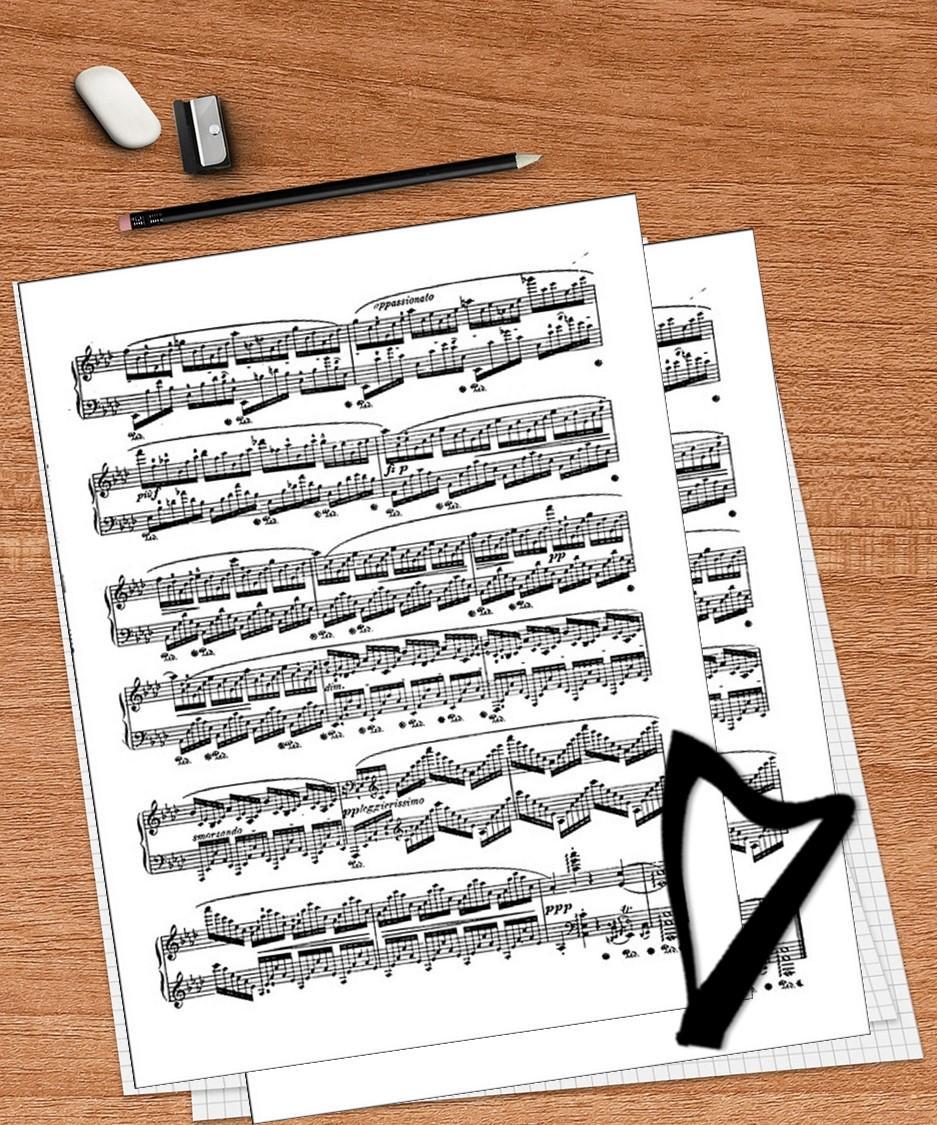Sprummer
I know it’s just barely spring but it’s not too early to think about what you want to do this summer! That means, it is Spummertime – not spring or summer but the time to think and plan now for what will come later! And there are loads of harp events in the summer but you only have so much time (and so much money!) so here are my favorites:
Ohio Scottish Arts School (OSAS) – It’s hard to put into words how much fun OSAS is or to tell you how much you will learn at OSAS. It starts immediately after the Ohio Scottish Games in Barea OH (just outside Cleveland. This year’s instructors are stellar – Corrina Hewat, Haley Hewitt, Allison Miller, and me! And fiddlers will have Elke Baker (invite your favorite fiddler to come!). Classes will focus on basic harp technique for beginners and intermediates, repertoire at all levels, including tunes for competition sets, and Scottish style, including ornaments, lilt, and dance types. Nylon/gut/wire harps are welcome. We’ll study Scottish dance music, airs, and songs, focusing on ornamentation, Scottish style, accompaniment, and learning by ear. We’ll have lectures, practice time, and playing in sessions. Classes will be available for beginners who have played for a few months, intermediates, and advanced players. It’s the 45th Anniversary so we have even more to celebrate! Class sizes are limited and harp is getting close to being full so go to https://ohioscottishartsschool.com for more information and to register before the class fills! 24 – 30 June, Barea, OH
Somerset Folk Harp Festival – Somerset is the festival for everyone! There are workshops for you no matter if you’re beginning or advanced. There are workshops in different genres, covering topics you might even know that you wanted to know! And it is in person and online – a hybrid we can all love. There are options which can help you tailor the event to you. In person is in Parsippany NJ and you’ll be able to wander the (very large) Exhibit hall where you can see harps, listen to harps, play harps, talk harps, meet harp makers, compare harps…and (maybe best of all) buy harps! And Harpstuff (including exquisite jewelry, music, learn about other training experiences available, and more. And did I mention that in addition to a huge cadre of great instructors – every day there are concerts! What’s not to love? Go to https://www.somersetharpfest.com for more information and to register so you don’t miss out. 20 – 23 July, Parsippany NJ
Harp Quest – We are excited to begin another Harp Quest in 2023! Our quests are each different as we seek to learn what our harp is there to teach us, so plan to join us for a new Journey forward with our harps – becoming what we’re meant to be. The Quest will remain easily accessible to harpers from anywhere and at any level. Our focus will be a short and intense experience that we will each take with us into the coming months and years – perhaps not fully appreciating what we have learned until much later. But secure in knowing that we will get there – each of us. And we’ll get there together! This year kids will quest together, and adults will follow their own quest. In the pastoral and relaxing valleys of South Central, the setting is just the thing to learn and grow and go a little farther on the road we travel. Harp Quest focuses on very personalized time sharing and learning. We will have fun, support one another, and work together to expand technical skills and exercise our brains. As always, we will work on building healthy self-esteem and encourage ourselves to try new things. Our format is tailored to assure that the journey is not rocky – not that you won’t work hard or occasionally need to breathe! We’ll work individually in a limited sized group and together experiencing three days of creativity, sharing, and fun. Kids Quest 25 – 27 August, Adults Quest 8 – 10 September. For more information contact me.
What do you want to do for your summer? Are you going to register for any of these? Are there other events we should be considering? Let me know in the comments!




